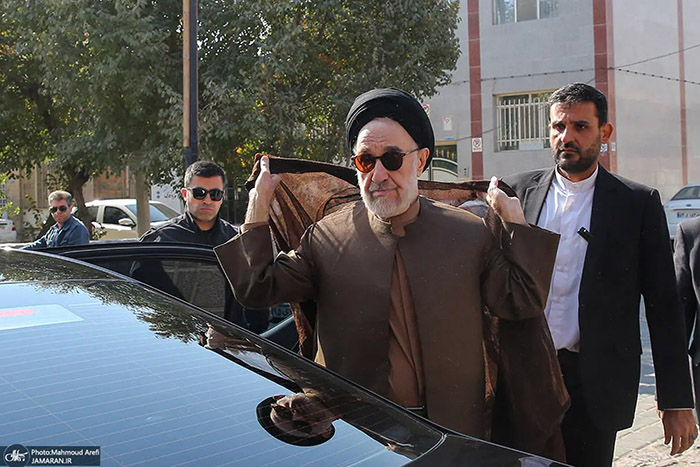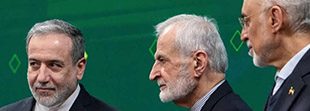Before the 1979 Islamic Revolution, Khatami worked as a cultural and intellectual figure within Iran’s religious community. He served as head of the Islamic Center in Hamburg, West Germany, from 1978 to 1980, where he was responsible for promoting Islamic culture among Iranian expatriates. His experience in Europe exposed him to Western pluralism and liberal democracy, shaping his later belief that Islam could coexist with modern civil society.
After the revolution, Khatami became involved in the new Islamic Republic’s cultural and educational institutions. He was appointed director of the Kayhan Institute, one of Iran’s most influential publishing organizations, and later served as a member of parliament (Majlis) from Yazd in the early 1980s. In 1982, he was appointed Minister of Culture and Islamic Guidance under Prime Minister Mir-Hossein Mousavi and President Ali Khamenei.
As Minister, Khatami was tasked with balancing two competing forces — revolutionary idealism and intellectual openness. His ministry supported writers, filmmakers, and artists who sought to explore new cultural expressions within the boundaries of Islamic values. However, conservatives frequently accused him of tolerating un-Islamic influences. Under mounting pressure from hardliners, Khatami resigned in 1992, marking his temporary withdrawal from frontline politics.

